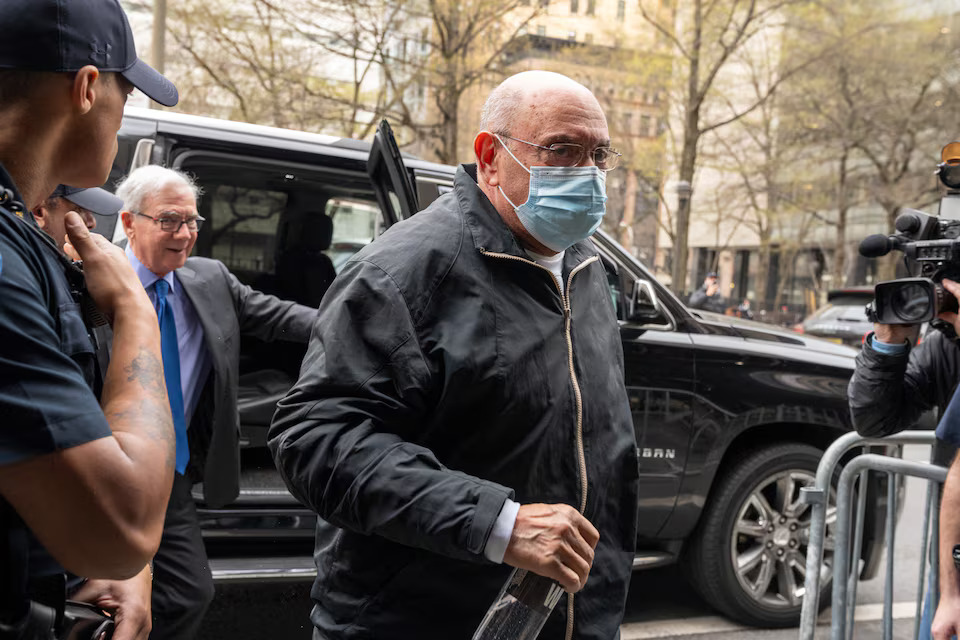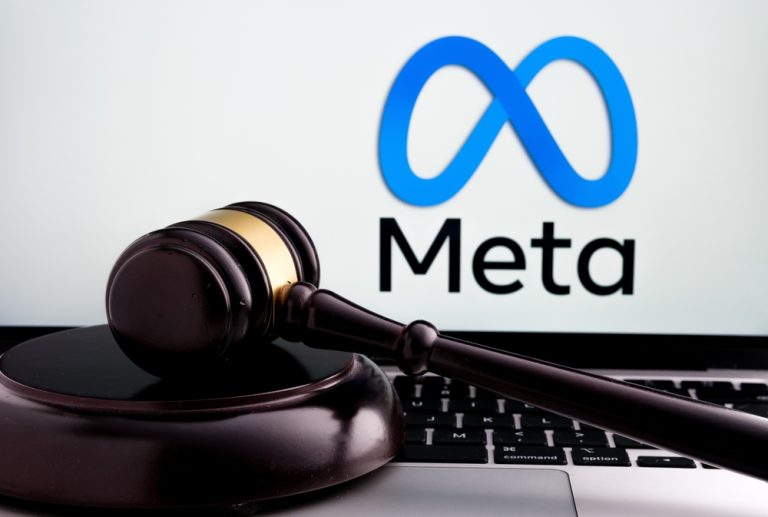In a significant development in the legal troubles surrounding former President Donald Trump’s inner circle, Allen Weisselberg, the former Chief Financial Officer of the Trump Organization, was sentenced to five months in jail for perjury. This sentence, handed down by Judge Laurie Peterson in a Manhattan criminal court, comes after Weisselberg pleaded guilty to lying to investigators and a judge about Donald Trump’s finances. The brief yet consequential hearing ended with Weisselberg being escorted out of the courtroom in handcuffs, underscoring the gravity of his offenses.
Weisselberg’s conviction stems from his false testimony during a civil fraud case initiated by New York State Attorney General Letitia James against Donald Trump, Weisselberg, and other executives. The case accused them of manipulating property values to deceive lenders and insurers, with Weisselberg’s fabrications specifically related to the valuation of Trump’s Manhattan townhouse. Despite claiming non-involvement, evidence presented by Manhattan District Attorney Alvin Bragg’s office contradicted his statements, revealing Weisselberg’s significant engagement in the financial discrepancies.
This sentencing marks Weisselberg’s second time behind bars, following a three-month stint in Rikers Island jail in 2023 for a 15-year tax fraud scheme at the Trump Organization. Moreover, this case sheds light on the broader legal challenges facing Trump, who is preparing for a historic trial concerning alleged hush money payments. Trump has consistently denied wrongdoing, pleading not guilty to all charges against him, including those related to falsifying business records and efforts to overturn his 2020 election loss.
The conclusion of this chapter in the ongoing saga surrounding Trump’s financial dealings is a stark reminder of the legal repercussions of misleading judicial processes. Weisselberg, having worked closely with Trump for half a century, faces not only jail time but also a significant financial penalty. His sentencing underscores the judiciary’s commitment to upholding truth and accountability, irrespective of an individual’s status or affiliations.
As this legal drama unfolds, critical figures like Weisselberg find themselves at the intersection of loyalty and the law, highlighting the intricate and often tricky web of business and politics. With multiple legal battles still looming, the implications of these proceedings extend far beyond the individuals involved, touching upon the broader themes of justice, power, and accountability in American public life.






















